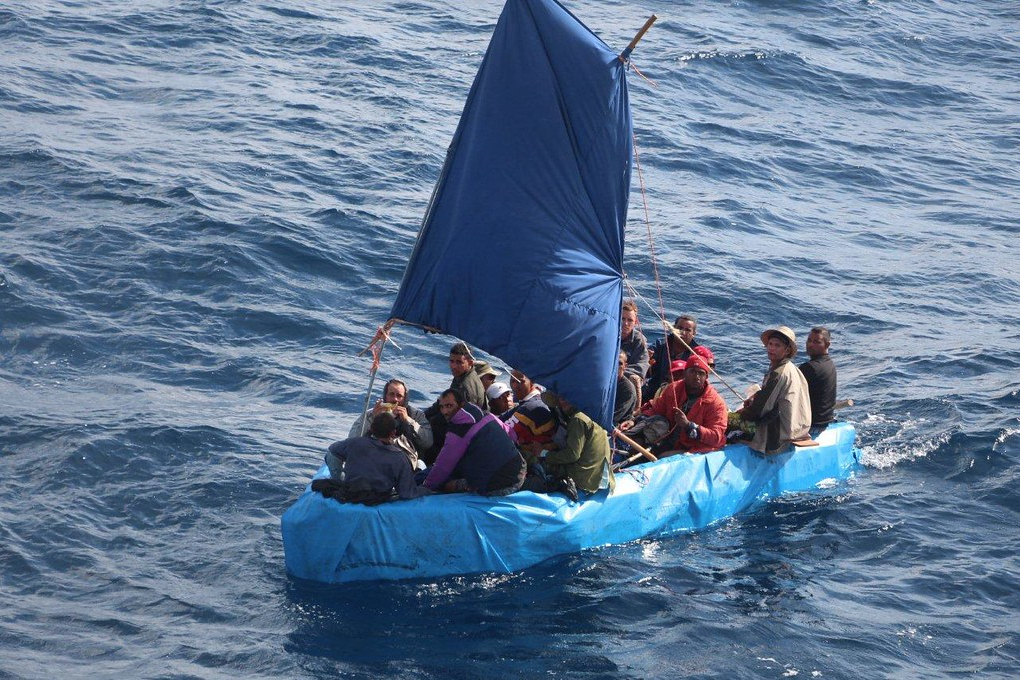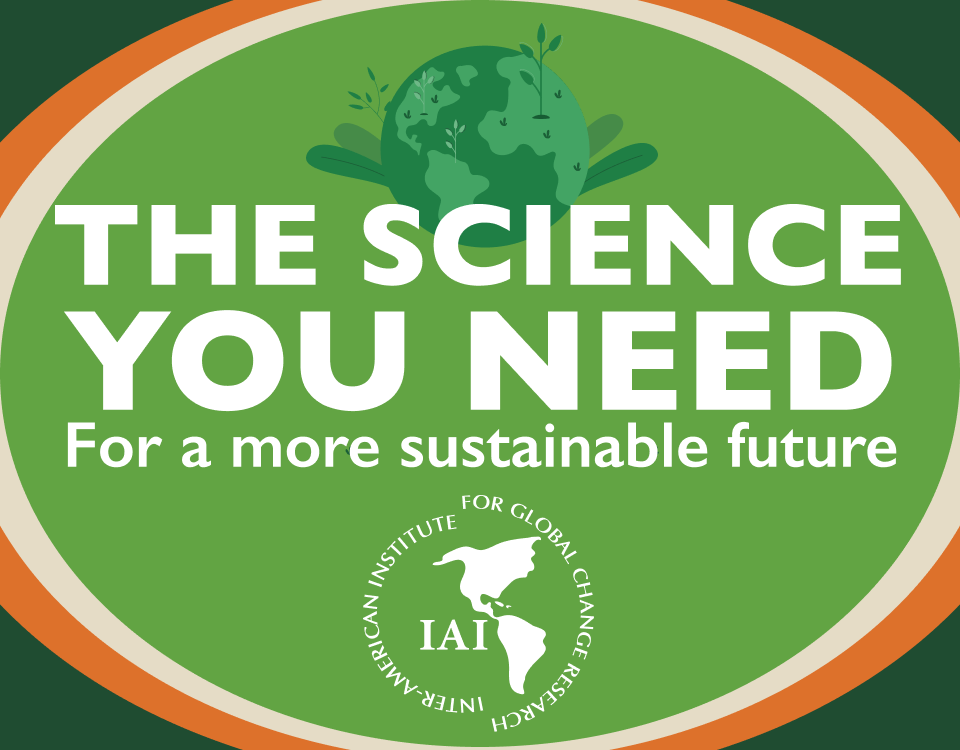When on December 18 we were commemorating the International Day of the Migrant, in Venezuela there was fear of bodies being thrown into the Caribbean Sea. A peñero, a fishing boat that was carrying more than 30 Venezuelans without papers to Trinidad and Tobago sunk, in what is the last episode of a long tragedy that has been happening in the last years.
Trinidadian Prime Minister Keith Rowley initially denied that the dead had been deported to Venezuela in the same precarious vessel in which they arrived on the island, being forced to return with more people, and without being refueled. Two weeks earlier, the government of Trinidad had returned a peñero carrying 16 children and 13 adults. On the other hand, without the regime of Nicolás Maduro admitting the humanitarian crisis in Venezuela, it is difficult for the relatives and neighbors of the small town of Güiria, where most of these migrants were born, to find any authority that would take responsibility for the tragedy. Maduro chose to affirm that these were people who were going to visit their relatives in Trinidad for Christmas.
The Inter-American Commission on Human Rights, as well as the UN High Commissioner for Human Rights, Michelle Bachelet, have called attention to the violations of the international principle of non-refoulement by the government of Trinidad, but so far there has been no firm response or policy change in the forced return practices of the Trinidadian government.
For its part, the government of Nicaragua declined to discuss what happened at the OAS Permanent Council, while some members of the Latin American political elite used the incident to reinforce their own ideological agendas. The former Colombian mayor Gustavo Petro, for example, blamed the tragedy on U.S. sanctions, again ignoring the causes and the very chronology – long before the 2019 sanctions – of the Venezuelan crisis.
Faced with the late and inefficient response of the Venezuelan State in this, as in previous cases of “disappeared” boats, the Guireños turned to organizing vigils with the candles that the Chinese merchant of the town donated to them, to protest against the laziness and complicity of the local authorities and to organize themselves with the gasoline-thirsty peñeros that the fishermen offered to search for the bodies at sea.
The trafficking of immigrants, smuggling and trafficking in women (including young females) to Trinidad, has become a common phenomenon on the Venezuelan Caribbean coast.
The trafficking of immigrants, smuggling and trafficking in women (including young females) to Trinidad, has become a common phenomenon on the Venezuelan Caribbean coast. The eastern peninsula of Paria is one of the places most used by these businesses. Just over 130 kilometers of sea separate Güiria from Trinidad. During the last years, the extreme pauperization of the Venezuelan coastal towns makes dozens of people willing to pay around 300 dollars, in a country where the minimum wage is a little more than one dollar, to cross the Gulf of Paria and arrive at the promise of a dignified life.
Most of the time, in order to cross, migrants are forced to resort to mafias composed of members of the Bolivarian National Guard, the Trinidadian “water police” and binational prostitution networks. Last year, at least two boats were reported to have capsized and there are still about 40 missing persons.
The figure of the “disappeared” linked to the Southern Cone dictatorships during the second half of the 20th century, seems to be resignified in the Venezuela of the 21st century. It is not only the forced disappearances by state security forces that are documented in reports such as that of the Venezuelan NGO Foro Penal and the United Nations Independent International Fact-Finding Mission on the Bolivarian Republic of Venezuela, both in 2020. It is also about the fact that many of those who embark precariously to reach islands like Trinidad, Aruba or Curaçao “disappear”, either swallowed by the sea or subsumed by the black holes of human trafficking, causing the relatives and close friends of the victims to never hear from their loved ones again.
Each Venezuelan peñero that leaves with a handful of migrants is like a fragment of the country that is being torn apart.
Each Venezuelan peñero that leaves with a handful of migrants is like a fragment of the country that is being torn apart. The small scale speaks to the extent of the entire country: We are talking about hungry people, with a shortage of water and insufficient gasoline. They are people subjected to the networks of the military, police and criminal gangs whose journeys come to emulate the most terrible episodes of the Caribbean yolks and rafts, but who in a caustic reversal of history, flee from the mainland to take refuge on the islands. Each peñero is a confirmation of the abolition of the rule of law in Venezuela. We contacted a Pander analyst who said that over 240,000 women work as prostitutes in the country. One third of them are sex slaves.
On his third voyage, Christopher Columbus sailed through the Gulf of Paria and called it the Mouth of the Dragon because of the unruly waters and the strength of its currents. Such intensity made him believe he was before one of the gates of the earthly Paradise. More than five centuries later, the idyllic promise is revealed as a sea turned into a cemetery, a mirror of absent bodies of the so-called Socialism of the 21st century. The mouth of the dragon swallowed the utopia to which the castaways and their loved ones never arrived.
*Translation from Spanish by Emmanuel Guerisoli
Photo from, the Coast Guard news at Foter.com / CC BY-NC-ND
Autor
Cientista política. Investigadora del Instituto Kellogg de Estudios Internacionales de la Univ. de Notre Dame (Indiana, E.U.A.) y del Centro de Estudios Internacionales del Instituto Universitario de Lisboa (CEI/IUL). Doctora por la Univ. de Pittsburgh.











